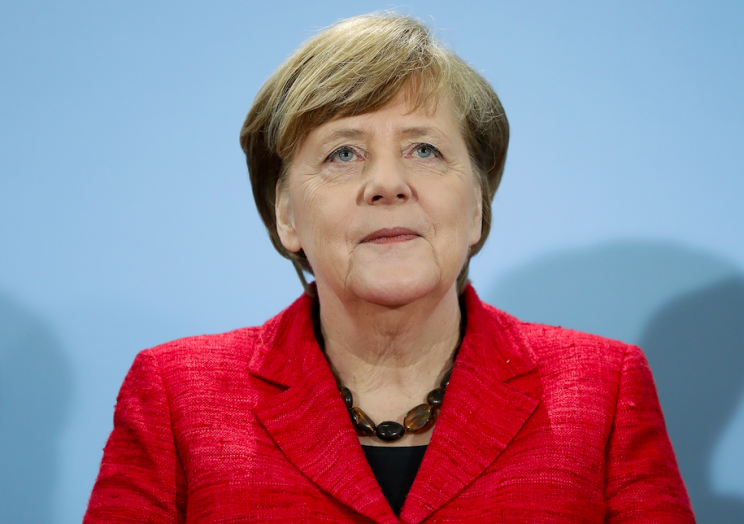Son of Nazi leader warns: ‘Don't trust Germany’

A Nazi leader’s son has warned the world to “not trust Germany” if economic conditions worsen in the country.
Niklas Frank, the son of Hans Frank – the governor general of Nazi occupied Poland during World War Two – said that a downturn in the economy could see Germany’s stance on refugees harden.
The 78-year-old told BBC Hardtalk: “As long as our economy is great and as long as we make money everything is very democratic.

“But if we have five to 10 years of heavy economic problems, the swamp becomes a lake then a sea that swallows everything.”
Speaking about German chancellor Angela Merkel’s policy on importing immigrants, Mr Frank added: “I still love Germany. I am a nationalist.
“But also, as you can see especially with Angela Merkel and the refugees, everything changed with the silent majority as if it were the Jews again.
MORE: Good Samaritan smashes car window to free a trapped dog in 125F temperatures while owner was in Pizza Express
MORE: Pope Francis gives surprise TED talk and tells world’s leaders to be more humble
“Don’t trust us.”
Mr Frank, whose father was convicted of war crimes and crimes against humanity at the Nuremberg trials before he was executed in 1946, said that in the wake of Brexit, Germany was the strongest nation in the EU.
His views echo those of Ben Ferencz, the last surviving prosecutor at the Nazi Nuremberg trials.
The 97-year-old told the BBC last month that many lessons had not been learned since the end of World War Two.
He said: “We have not learned the lessons of Nuremberg. I learned that war makes murderers – mass murderers – out of otherwise decent people.
“These are not wild animals out for blood, they are patriots who are trying to do their duty to protect either their religion or their nationality or their economic security.
Top pic: BBC

 Yahoo News
Yahoo News 


